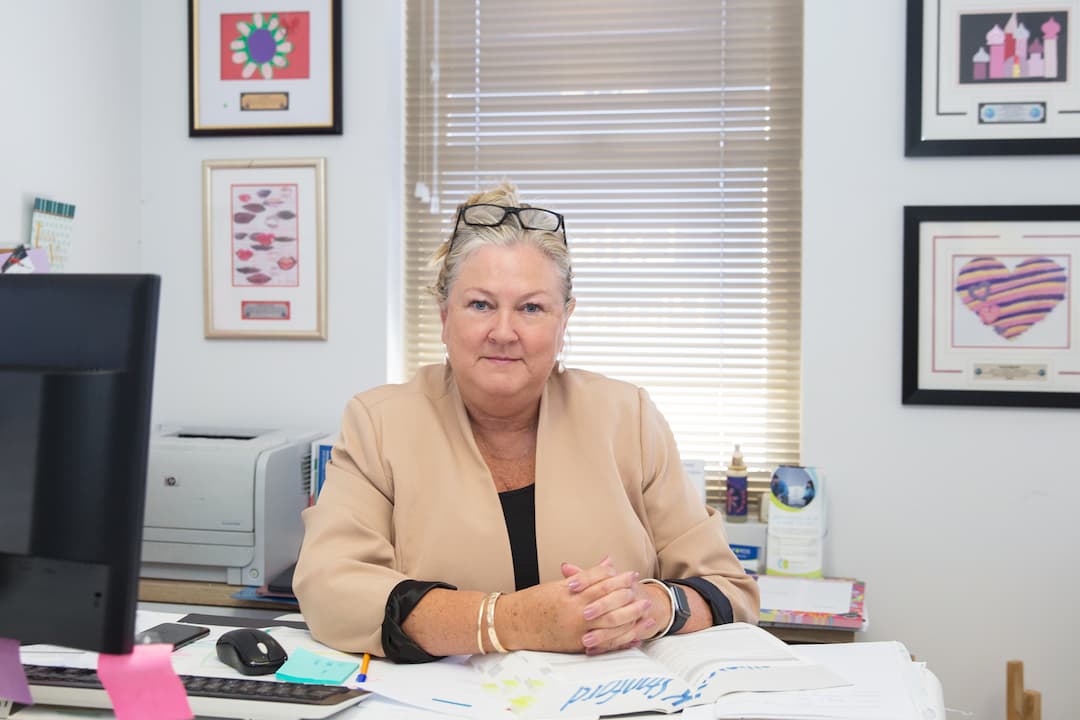Blog
How can I reach an agreement?
- Written by Kelly Stanford
- Posted in Family Law

If you have recently separated from your former spouse, and are considering ways of moving forward, we’ve complied a list of the different ways of resolving your family law matter.
Kitchen Table
In considering different ways of resolving your matter, there is an option which Lawyer’s often refer to as the ‘kitchen table method’. By this, we mean that the parties have sat down together, discussed issues and reached an agreement in relation to those issues. Some issues commonly discussed in parenting matters include: –
- With whom the children live
- With whom the children spend time
- Arrangements for the children during the holidays
- Arrangements for the children on birthdays and other special occasions
If you have reached an agreement and wish to record that agreement in a parenting plan or consent orders, one of our lawyers would be happy to assist you to discuss those options with you.
Lawyer assisted negotiation
Lawyer assisted negotiation is a traditional approach to settling family law matters. This process involves your lawyer writing to your former spouses’ lawyer, and in turn your former spouses lawyer writing to your lawyer. There is generally no discussions had directly between the parties, and instead communication is in writing through lawyers.
Mediation
Mediation is one of the most common processes separating couples use to resolve family issues. Mediation is a process whereby the parties meet with each other and their lawyers, and a neutral third party the mediator, to discuss issues, develop options and negotiate a resolution. The mediator will be able to assist the parties to identify issues, needs and goals to come to a resolution. Every family is different and one of the benefits of mediation is that it allows the parties to develop options that suit their unique family dynamics.
Collaborative
Through the collaborative process, you and your former partner both engage a lawyer who is a collaborative professional. From here, each of the parties meet with their lawyers to discuss an issues and their goals moving forward. Parties engaging in the collaborative process sign a contract, also called a participation agreement, in which they commit to constructively negotiating an outcome without resorting to litigation.
From here, a number of four way meetings are held with each of the parties and their legal representatives. The agenda for the meetings is pre- determined by you, your former spouse and the lawyers. During the meetings the parties discuss issues, goals, and possible options for settlement. After the meetings, you and your former spouse will debrief with your lawyer, and gather and exchange any information necessary to prepare for the next meeting.
One of the benefits of the collaborative process is that it is not just collaborative lawyers who can assist you and your former spouse work through issues. It may be beneficial to invite counsellors, financial planners, accountants or divorce coaches to assist in the process and to help the parties work through issues.
Should you have any questions about the options available for resolving your family law matter, please contact our office on 1300 444 529 to speak to one of our solicitors.


